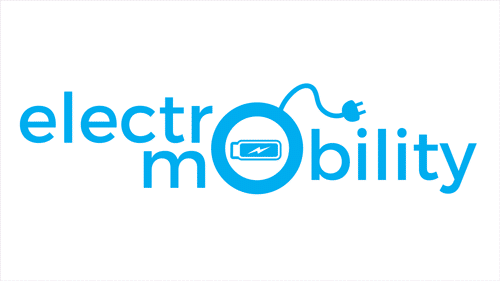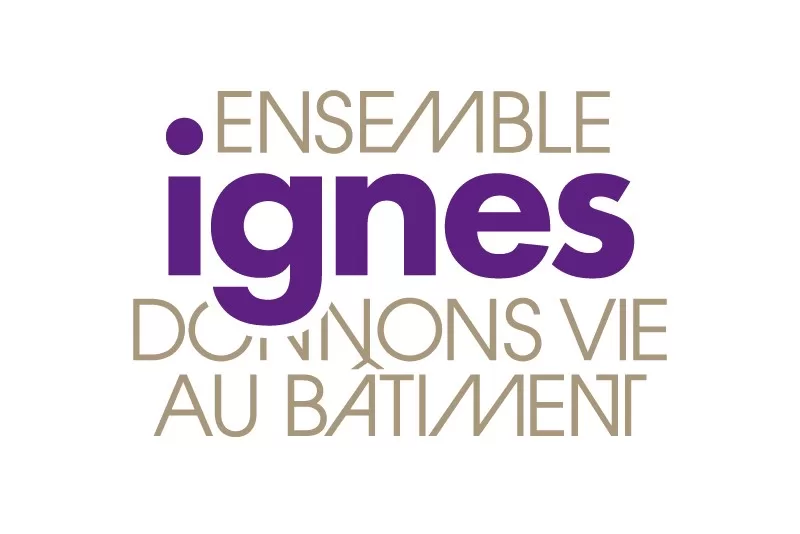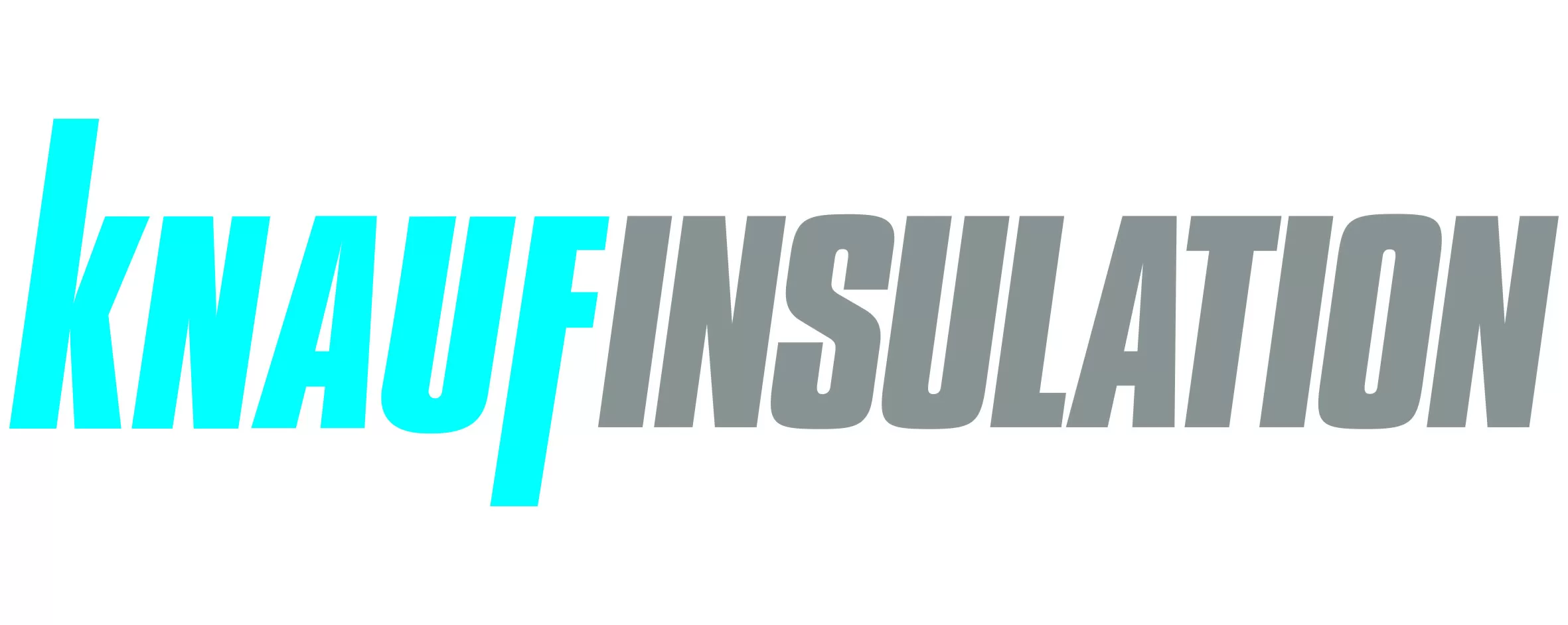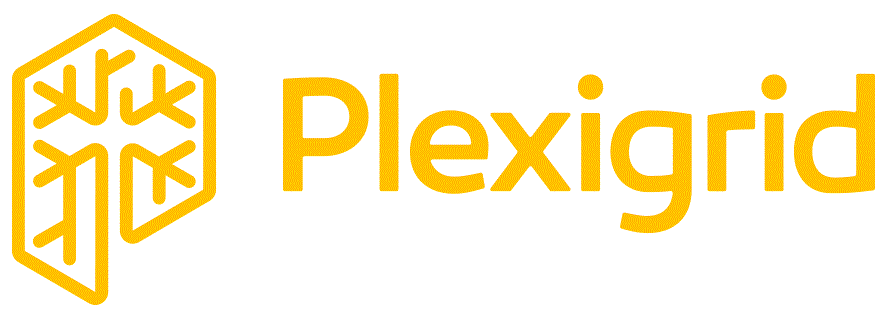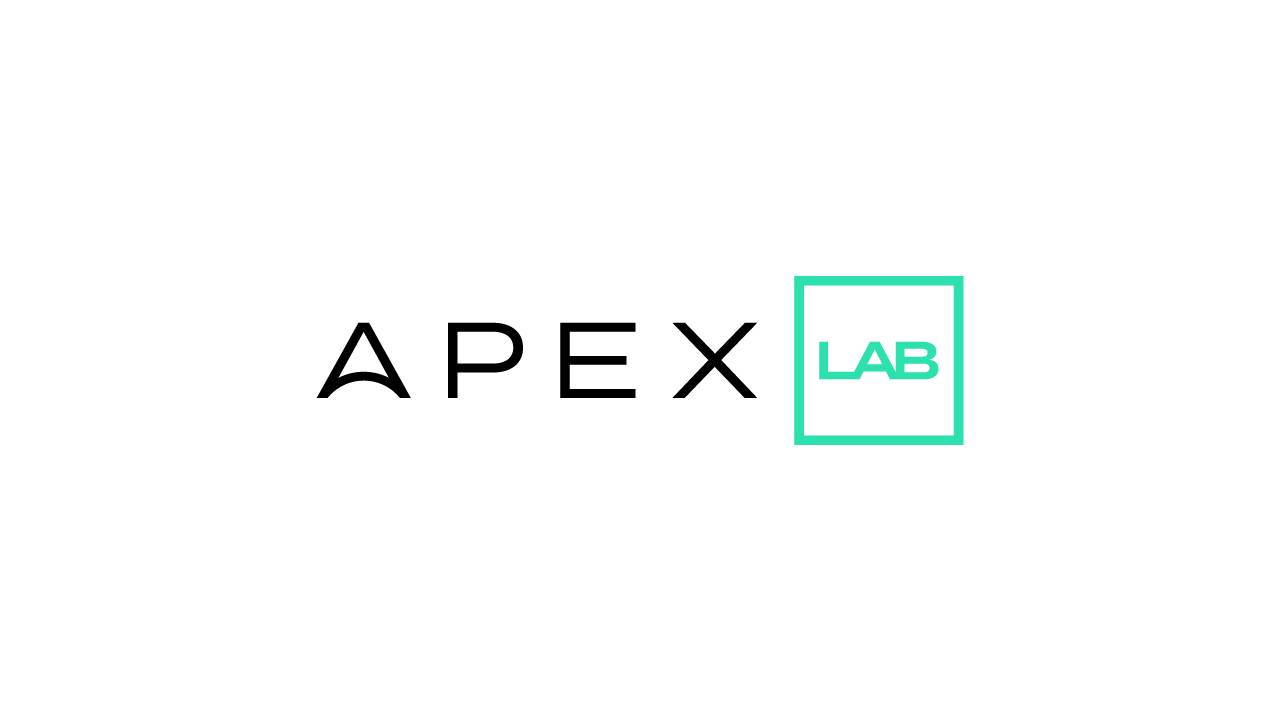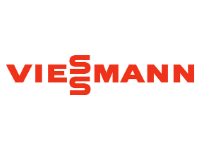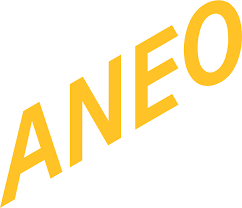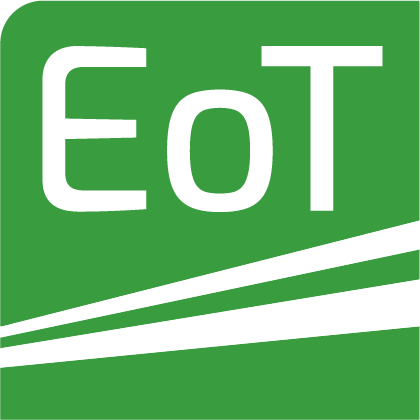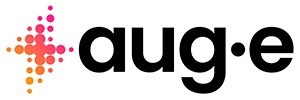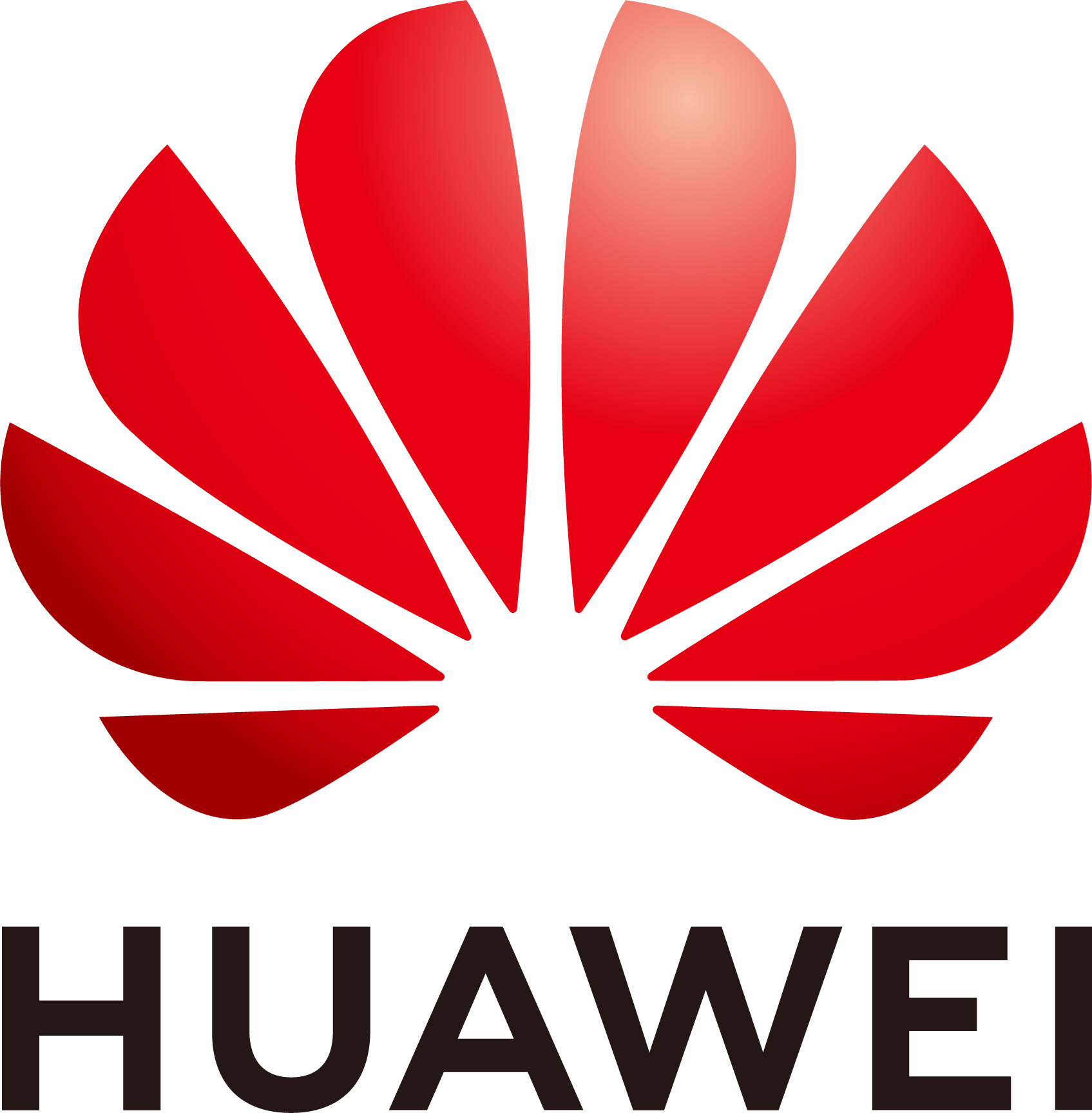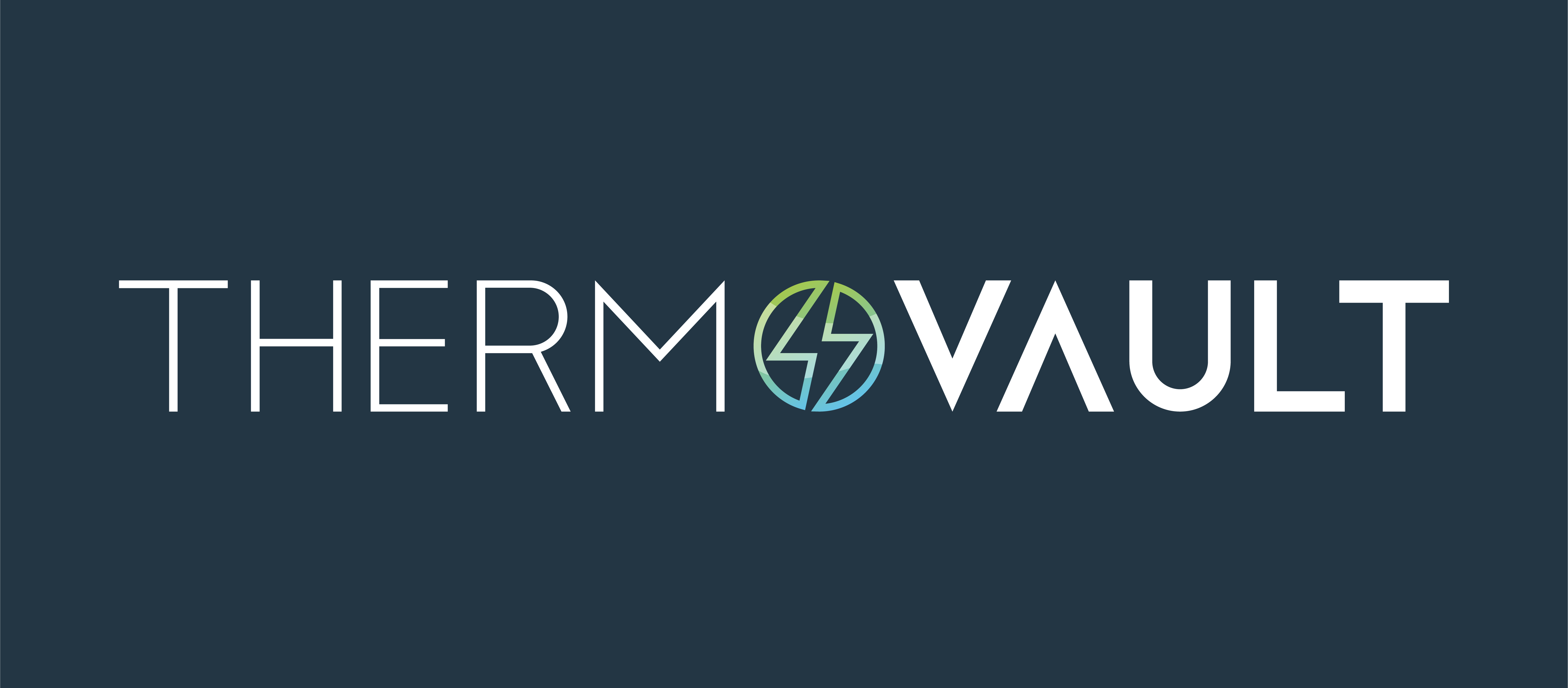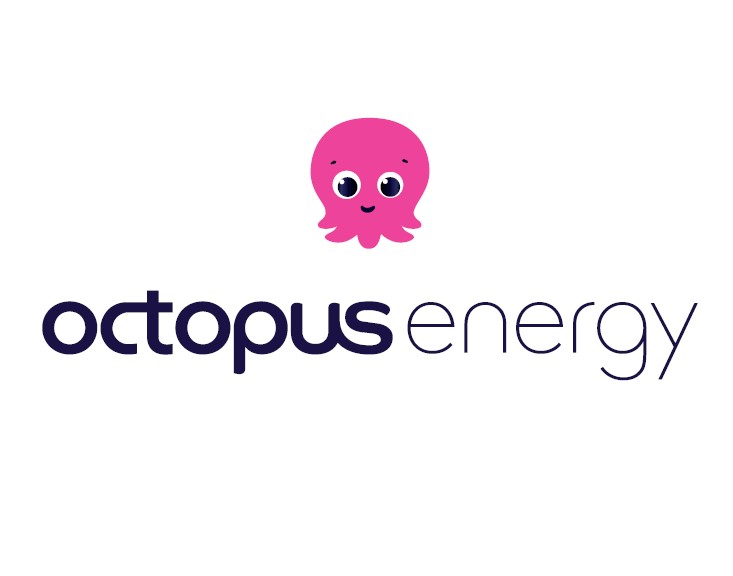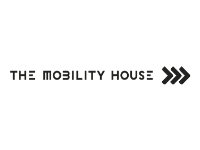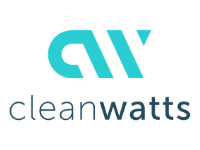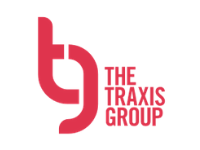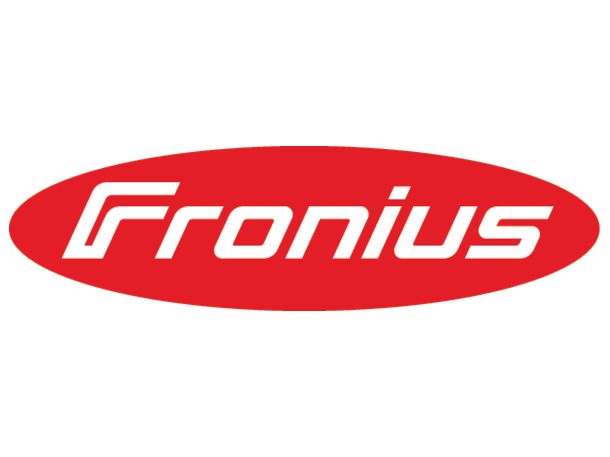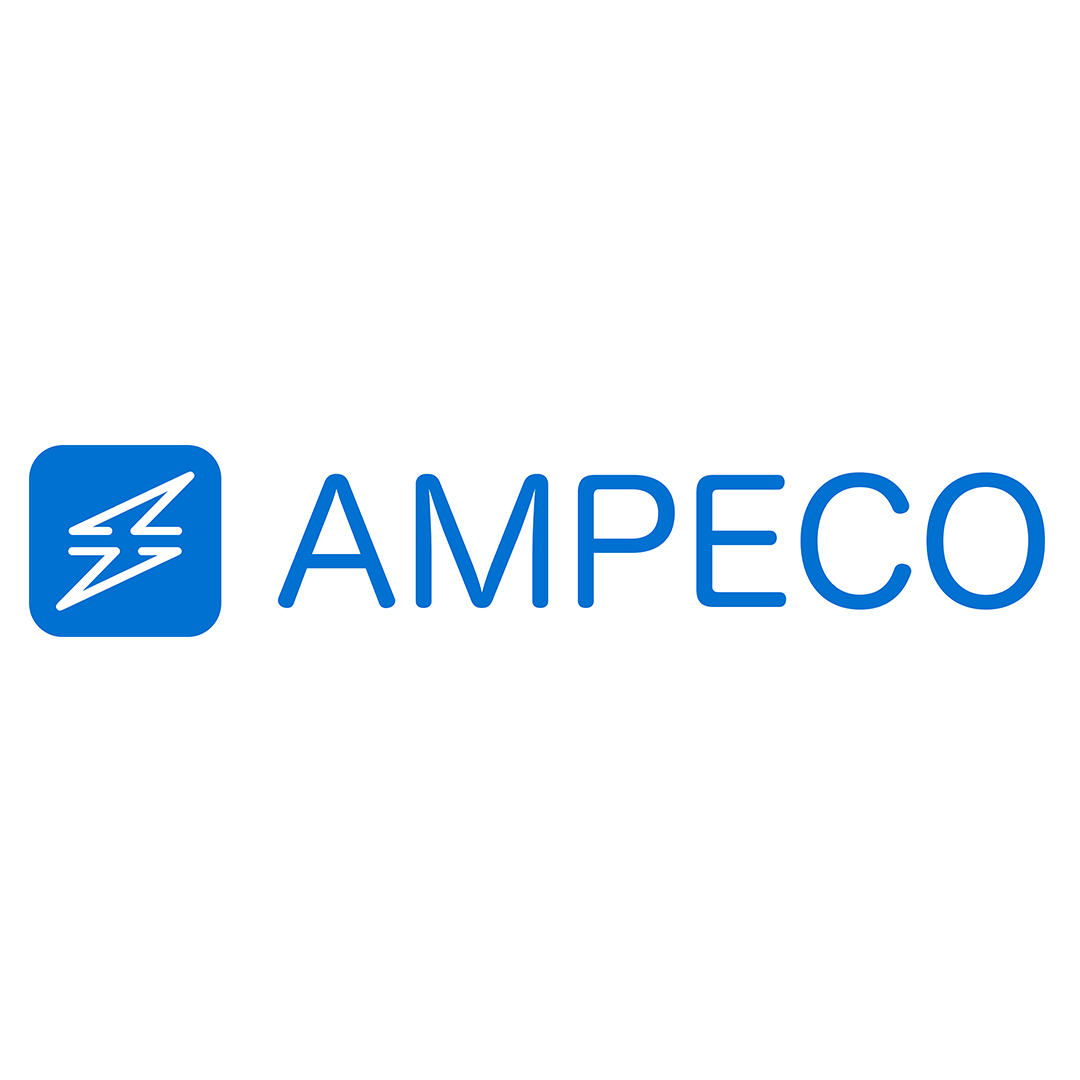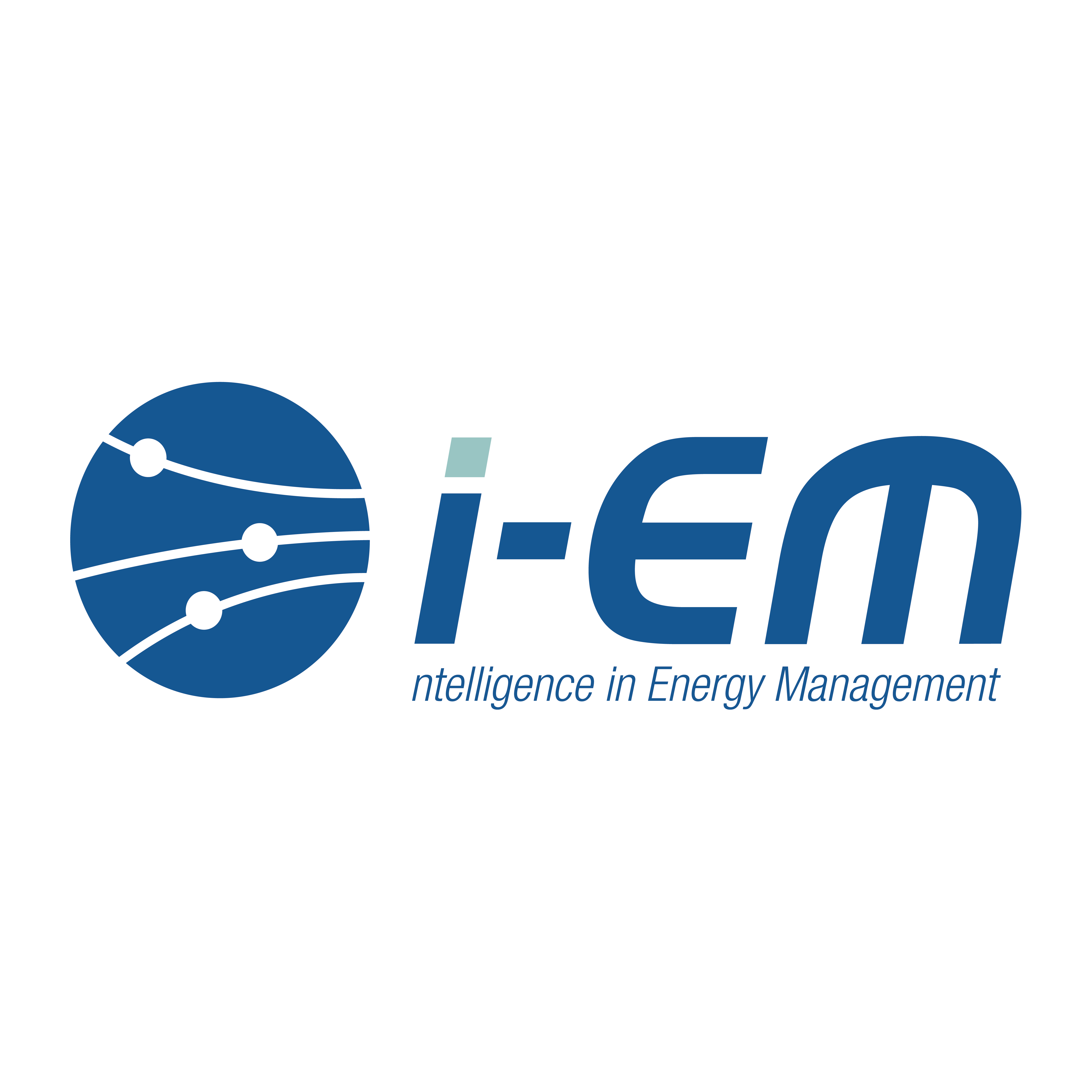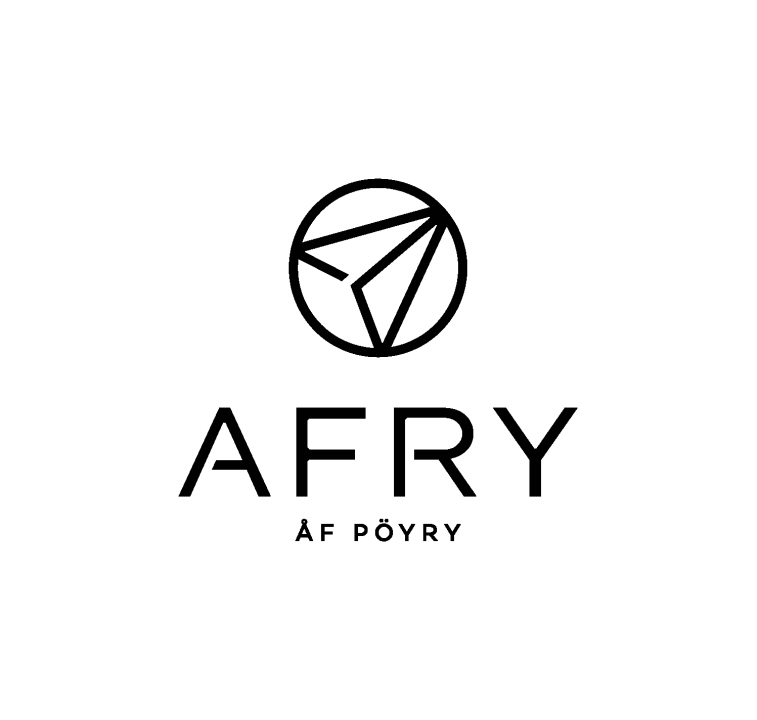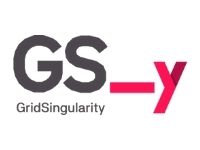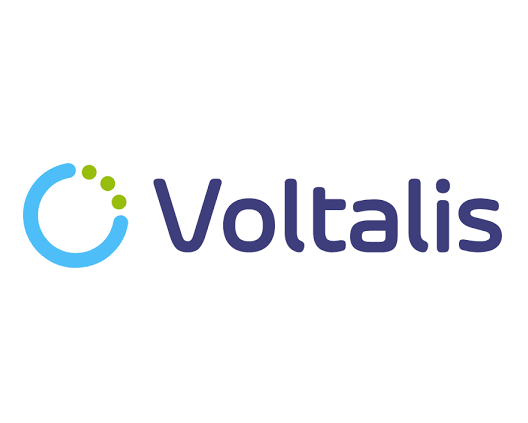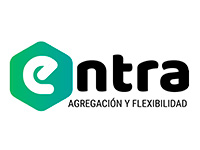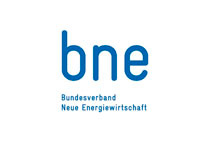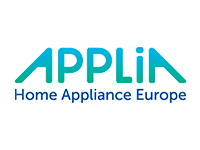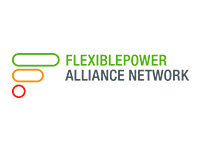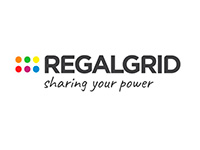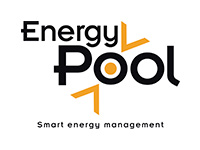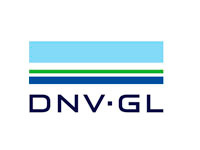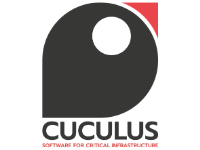On Thursday April 16, the Electro-Mobility Platform hosted a successful launch event. High-placed speakers from EU institutions, associations and companies voiced strong support in favour of the electrification of transport to reach the decarbonisation objectives:
”The EU needs to speed up electrification and be leader in clean transport”, said Henrik Hololei, Director-General at DG MOVE, at the launch of the Platform for Electro-Mobility yesterday evening in Brussels. The new #electromobility platform unites businesses and stakeholders from the road, rail and electricity supply sectors as well as civil society and cities to promote the benefits of sustainable electrification of all transport modes in Europe. The Platform also announced four new members; the European Solar Energy association SolarPowerEurope, the European Wind Energy association WindEurope, city network Eurocities and electric car maker Tesla Motors, who will contribute to accelerate sustainable electrification of Europe’s transport and energy sectors.
Panelists from DG Clima, Council Presidency the Netherlands, Alstom, Renault-Nissan and the City of Manchester agreed that the Energy Union’s goal of making Europe a resilient, energy-independent and low-carbon economy cannot be achieved without electrifying the transport sector.
- Kitti Nyitrai, member of cabinet of Climate Commissioner Arias Canete, stressed that stricter standards for fuels and vehicles were needed to drive electrification as the closest to market alternative technology for transport.
- The introduction of ambitious Co2 standards for cars and vans in 2025 is the key driver to more electrification, on EU level but also for EU Member States, confirmed Petrouschka Werther, Acting Director at the Air Quality & Noise Department, Ministry of Infrastructure, the Environment & Climate Change, the Netherlands.
- Olivier Paturet, General Manager Zero Emission Strategy at Renault-Nissan emphasized ‘every electric vehicle is a good investment’ for Europe’s competitiveness and cleaner cities, and investment policies should value more. He insisted on smart charging being a key aspect of EVs integration into a cleaner electricity system.
The discussion showed that electro-mobility offers an unequalled solution to make Europe’s transport more efficient, less dependent on imported energy, low carbon, clean and quiet.
Platform Members presented key aspects of electrification of transport that the Commission needs to include in its Summer communication on the Decarbonisation of Transport announced for Summer 2016 – preparing the shift to sustainable electrification of transport. Among them:
- Smart charging of electric vehicles can greatly benefit EV owners in reducing their electricity (charging) costs as well as their total costs of ownership, as well as adding stability and reliability to the electricity system. Regulatory regimes should incentivise market parties to invest in and use smart charging, and clear roles and actor definitions are needed to ensure inter-operability. Member States should be encouraged to incorporate smart charging measures into their National Plans, mandated by the Alternative Fuels Infrastructure Directive, as well as in their urban mobility policies.
- Standardisation solutions for an internal market of electro-mobility and its services require the establishment of smart metering, i.e. stationary or on-board metering, improving collaboration between grid operators and end-users, strengthening system reliability and providing new business opportunities. An interoperable electro-mobility service market in Europe requires, in addition to pay-as-you-go solutions, a roaming system that can be established between charging point operators, but should also allow electricity roaming, i.e. allowing customers to choose a (renewable) energy supplier.
Participants concluded that the electrification of surface transport will enable Member States to meet their greenhouse gas emission reduction targets for 2030; and addresses the public health crisis arising from urban air pollution. This cannot be done without a European overarching strategy for clean and energy-efficient electro-mobility.
The complete declaration of the platform is available through the link below:
http://www.platformelectromobility.eu/2016/03/29/working-paper/

